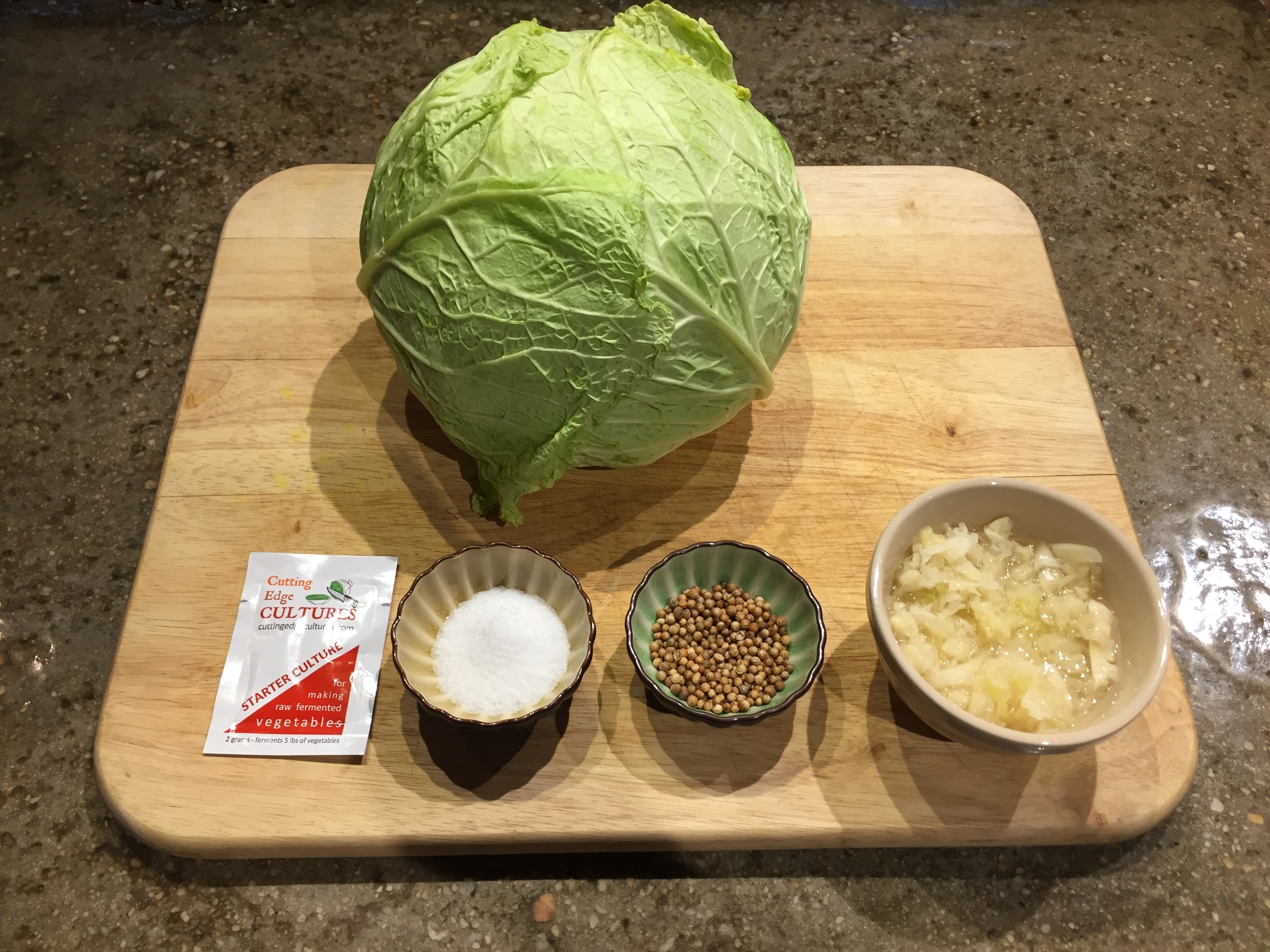An essential skill in the kitchen is being able to properly prepare hard boiled eggs. Over the years I have tried various methods to cook a hard boiled egg and have finally found one method, above others, that produces the greatest reliability and the best quality end product. I’m not sure where, or how or by whom I learned the trick, but my tried and true method, I have recently learned, is similar to the method suggested by the American Egg Board, and they should know how to cook a hard boiled egg! I will share this method with you in this article, but first let me share a few fun facts about a hard boiled egg!

- Did you know that you can determine if an ‘unknown’ egg is cooked by practicing the ‘spin test’? A raw, unshelled egg will ‘wobble’ when it is spun on a flat surface, while an unshelled, hard boiled egg will spin perfectly on a flat surface!
- A trick to shelling hard boiled eggs easily is to use eggs that are not ‘farm’ or even ‘store’ fresh. If it’s possible, and you can plan ahead, it’s best to allow your eggs to sit in the refrigerator for a few weeks before you boil them. I have not been able to substantiate the validity of this trick, however, I HAVE used this method for over 20 years and seldom do I have problems shelling hard boiled eggs.
- A single hard boiled egg contains 6 grams of protein and 0 carbs or sugar, is gluten free and is one of the few foods that naturally contain vitamin D.
- Eggs can be stored, if continually refrigerated, for up to 5 weeks without losing quality or flavor!
- To discourage an egg to leak or spread, if the shell cracks during the boiling process, simply prick the blunt end of the egg prior to placing it in the pan. This will relieve pressure and thereby reduce the extent to which the raw egg is forced out through any cracks in the shell.
- Adding vinegar and/or salt to the water will help to reduce the ‘spread’ of the egg (if it cracks when boiling) more rapidly than it would if boiling the egg in simple hot water. Vinegar or salt help to coagulate the raw egg, which will then fill in the gap if the egg should crack.
- An egg takes longer to boil on a mountain than at sea-level. Who cares, right? But it has to do with the boiling point of water, which falls with decreasing atmospheric pressure. Thus, it takes longer to achieve the boiling point when at a higher altitude.
- Very fresh eggs require more time to cook than older eggs. The whites of an older egg are more transparent than a very fresh egg because the pH level is higher in an older egg. The pH level increases through the process of CO2 escaping as the egg ages. Thus, more cooking time is required for a very fresh egg.
- And here’s the last and best fun fact…Did you know that Humpty Dumpty was a hard boiled egg and that it was only his shell that “couldn’t be put back together”! Yes, I’m speculating on that one!
Do you have any additional fun facts about hard cooked eggs that you care to offer the blog world? Leave a comment to share your thoughts.
Now, here it is…
My true and tested method of preparing a hard boiled egg…complete with photos!

Place the eggs in the pan first.
- Begin the process by gently laying, into a clean, empty pan, as many eggs as your care to cook. Eggs can be in a single layer OR placed on top of another.
*At this point, should you desire to forego this time tested method of hard-boiling an egg you can opt to use a a handy kitchen gadget that was a favorite of my mother’s!
Found at Amazon, you can purchase a Norpro Egg Perfect Egg Timer and take the guess work out of hard-boiling an egg! I, however, prefer to embrace the entire process of boiling an egg and simply set my timer for 10 minutes! Using this method, you simply lay the Egg-Perfectt Timer in the pan, as if it were a real egg, and continue with the following steps.

2. Run COLD water over the eggs, filling the pan to cover the highest egg in the pan with about 1 inch of COLD water. Thus, the more eggs you want to cook, the larger the pan!
3. Place the pan over high heat and bring to a full boil. Did you know that placing a wooden spoon in boiling water will keep the water from ‘boiling over’! Try it!

A wooden spoon in boiling water will keep it from boiling over. Don’t light the handle on fire if you have a gas stove!

Cover the eggs. No need to be picky about the lid!
4. Remove the pan from the heat and COVER. Yes, any old lid will do!
5. Allow the eggs to sit, covered, for at least 10 minutes and up to 12 minutes, depending on desired hardness.
6. Immediately run COLD WATER over the eggs to rapidly chill. Shell when able to handle or place cooked eggs in the refrigerator for future use.
7. To peel eggs, drain water from the pan and begin to shake the pan of hard boiled eggs so that all the eggs are bumping into the others and into the sides of the pan. This process will loosen the shells and will simplify the shelling process. I like to shell the eggs directly into the pan and then rinse the shelled egg and lay on a paper towel or plate. After all the eggs are peeled, the pieces of shell are all in one place and disposal and clean up is easy peasy!

Peel the eggs over the pan for easy cleanup.

Dry the excess water on a towel.
8. Use eggs warm or chill as desired. In my opinion, there is nothing better than a sandwich of mayonnaise and warm hard-boiled egg slices with a little salt and pepper to season! Try it!
Here’s to trusting that all your egg-boiling efforts will be a joyful success!

References:
The Science of Boiling an Egg by Charles D. H. Williams, University of Exeter
The American Egg Board http://www.aeb.org/





2 comments on “How To Cook Hard Boiled Eggs”
That egg timer gadget is my perfect way to cook hard boiled eggs. It never fails. Wouldn’t want to be without it.
Kay
I use a slightly different method. I start the eggs the same way, but I simply allow them to come to a rolling boil. Once they are at a full rolling boil, I turn off the stove. I guess the difference is that I never cool them down with cold water. I just let them rest in the pan until they are relatively cool. It always produces a great egg for me.